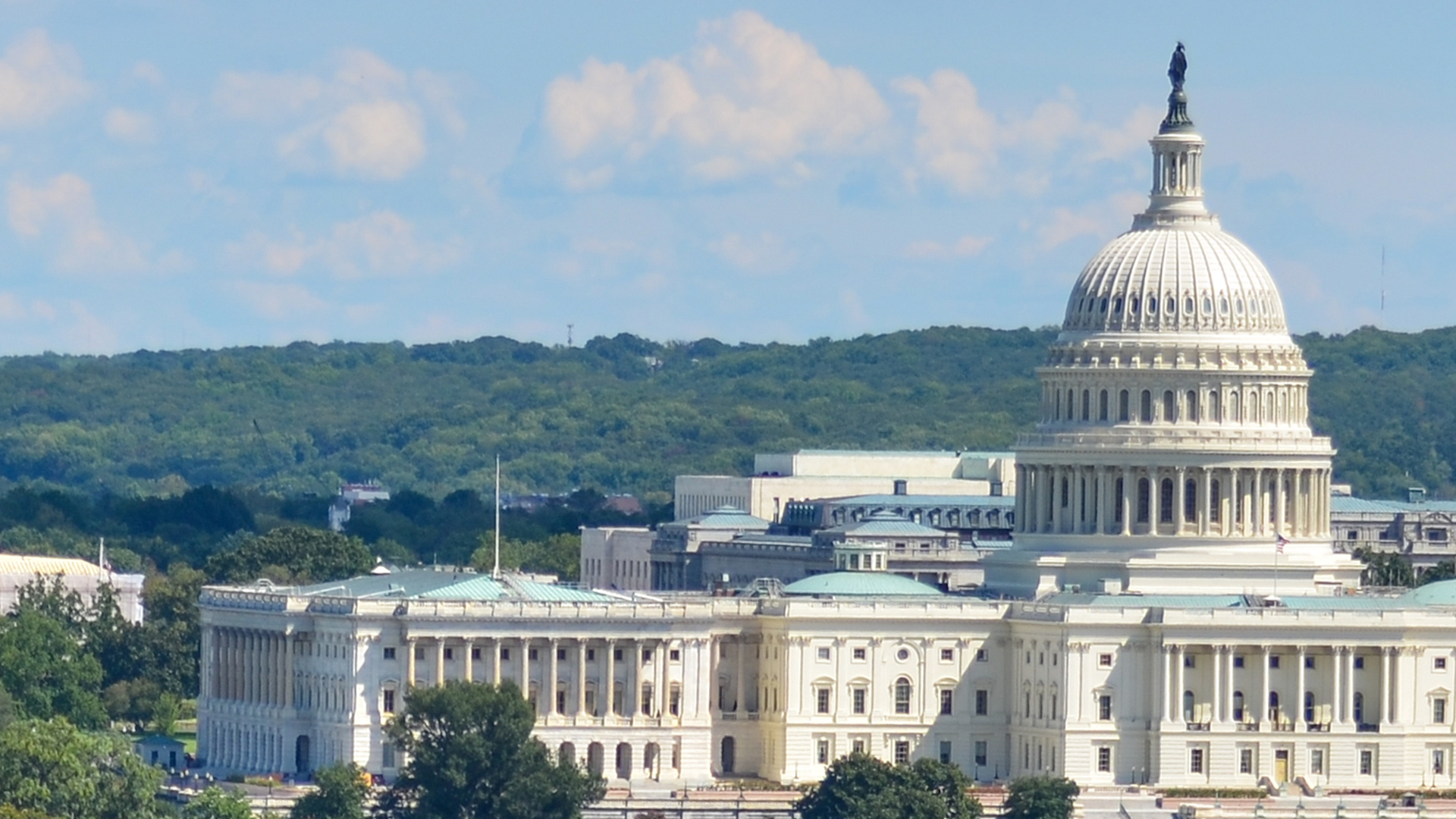
Publication
British Columbia sick note restrictions now in force
As of November 12, 2025, British Columbia employers are prohibited from requesting sick notes for certain health-related employee absences.


United States | Publication | June 18, 2020
Under the Caesar Syria Civilian Protection Act of 2019 (the “Caesar Act” or the “Act”), President Trump is, as of June 17, 2020, required to impose sanctions on foreign persons who are determined to be knowingly engaged in certain transactions related to Syria that are discussed below. The Act was signed into law as part of the National Defense Authorization Act for Fiscal Year 2020 in December of last year, but its implementation was delayed for 180 days.
The Caesar Act is significant in that it requires President Trump to impose sanctions on foreign entities who engage in certain transactions related to Syria regardless of whether a US nexus exists. More specifically, the Act requires sanctions to be imposed on foreign entities that knowingly:
(A) provide significant financial, material, or technological support to, or engage in a significant transaction with:
(i) the Government of Syria (including any entity owned or controlled by the Government of Syria) or a senior political figure of the Government of Syria;
(ii) a foreign person that is a military contractor, mercenary, or a paramilitary force knowingly operating in a military capacity inside Syria for or on behalf of the Government of Syria, the Government of the Russian Federation, or the Government of Iran; or
(iii) a foreign person subject to sanctions pursuant to the International Emergency Economic Powers Act (50 U.S.C. 1701 et seq.) with respect to Syria or any other provision of law that imposes sanctions with respect to Syria;
(B) sell or provide significant goods, services, technology, information, or other support that facilitates the maintenance or expansion of the Government of Syria’s domestic production of natural gas, petroleum, or petroleum products;
(C) sell or provide aircraft or spare aircraft parts used for military purposes in Syria for or on behalf of the Government of Syria to any foreign person operating in an area directly or indirectly controlled by the Government of Syria or foreign forces associated with the Government of Syria;
(D) provide significant goods or services associated with the operation of aircraft used for military purposes in Syria for or on behalf of the Government of Syria to any foreign person operating in an area described in subparagraph (C); or
(E) provide significant construction or engineering services to the Government of Syria.
Foreign persons who engage in the abovementioned activities are subject to having their property and interests in property that are in the possession or control of US persons blocked as well as certain visa restrictions.
It remains to be seen how aggressively the Trump administration will seek to enforce these sanctions as it has taken a subdued approach to enforcing other Congressionally mandated sanctions legislation.
We will continue to monitor for developments and issue updates, as needed.

Publication
As of November 12, 2025, British Columbia employers are prohibited from requesting sick notes for certain health-related employee absences.

Publication
The federal government’s recently released Canada Strong Budget 2025 (Budget 2025) has proposed several measures with implications for federally regulated employers.

Publication
On 13 November 2025, the Financial Reporting Council (FRC) published its Annual Review of Corporate Governance Reporting. This analyses reporting trends and practices among 100 UK-listed companies against the 2018 UK Corporate Governance Code (Code).
Subscribe and stay up to date with the latest legal news, information and events . . .
© Norton Rose Fulbright LLP 2025